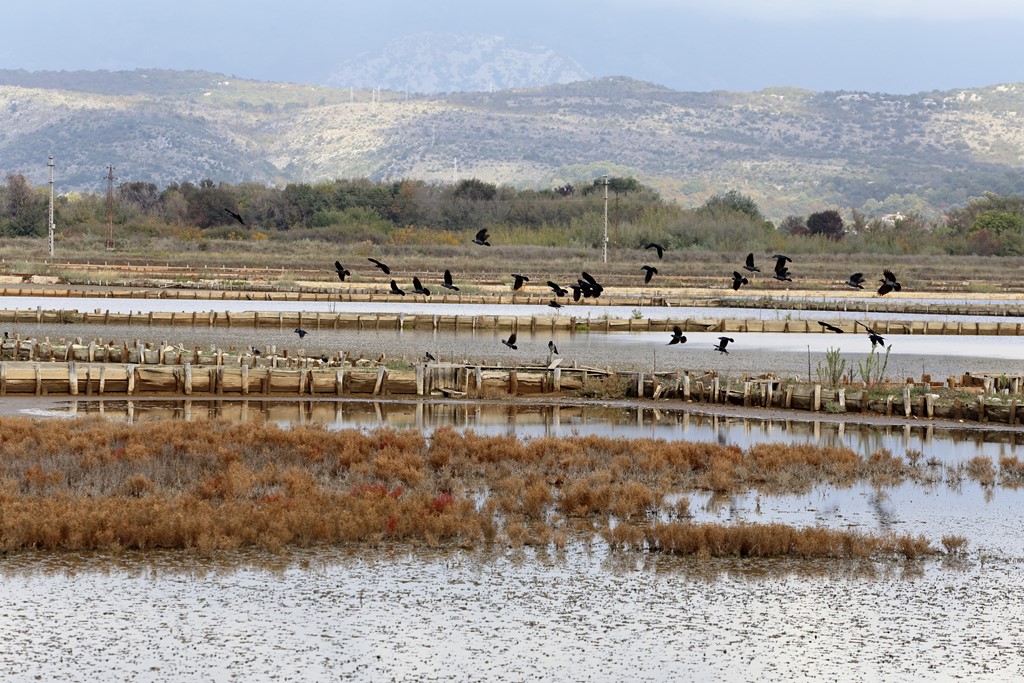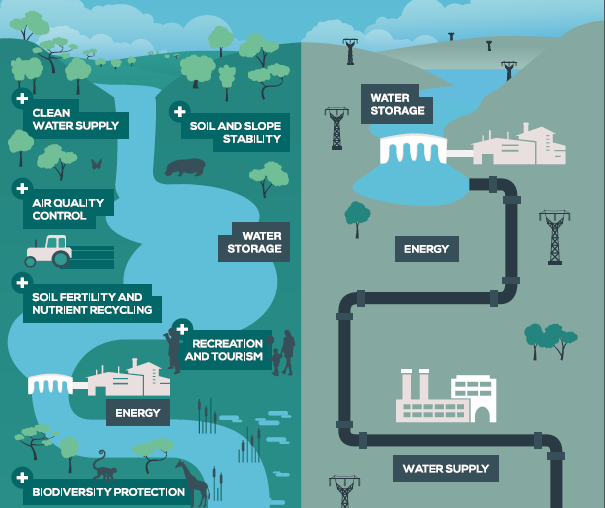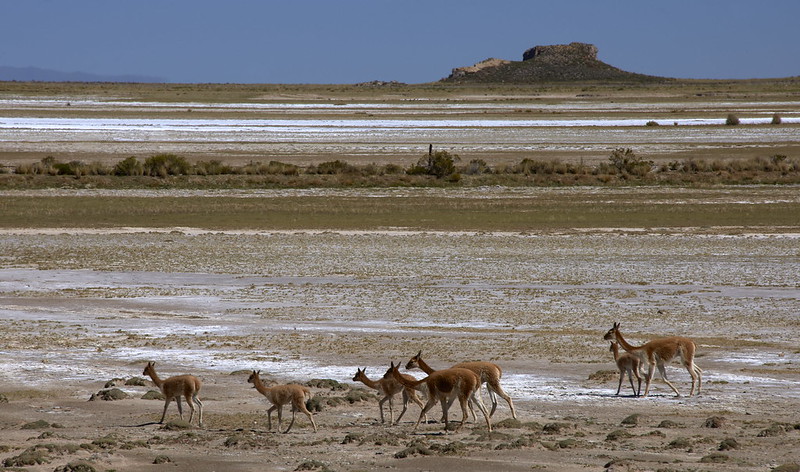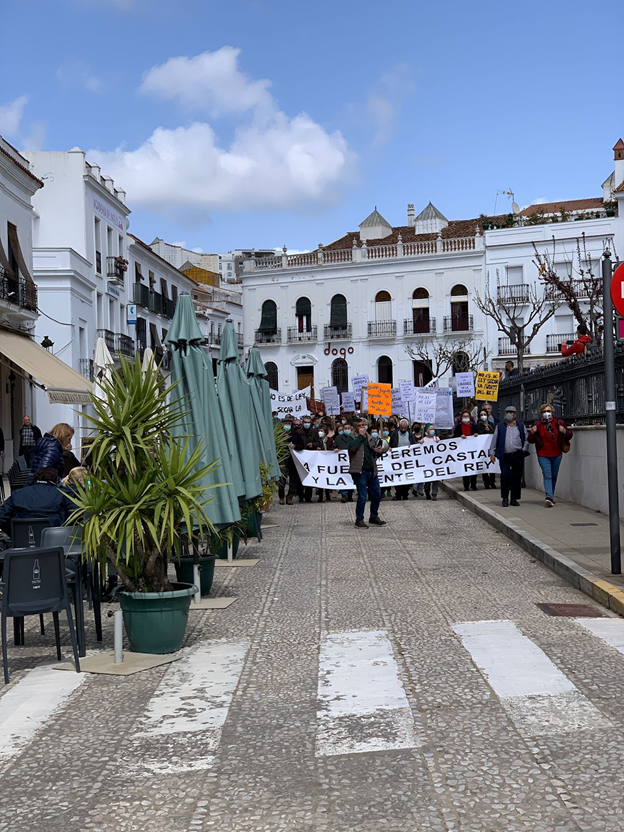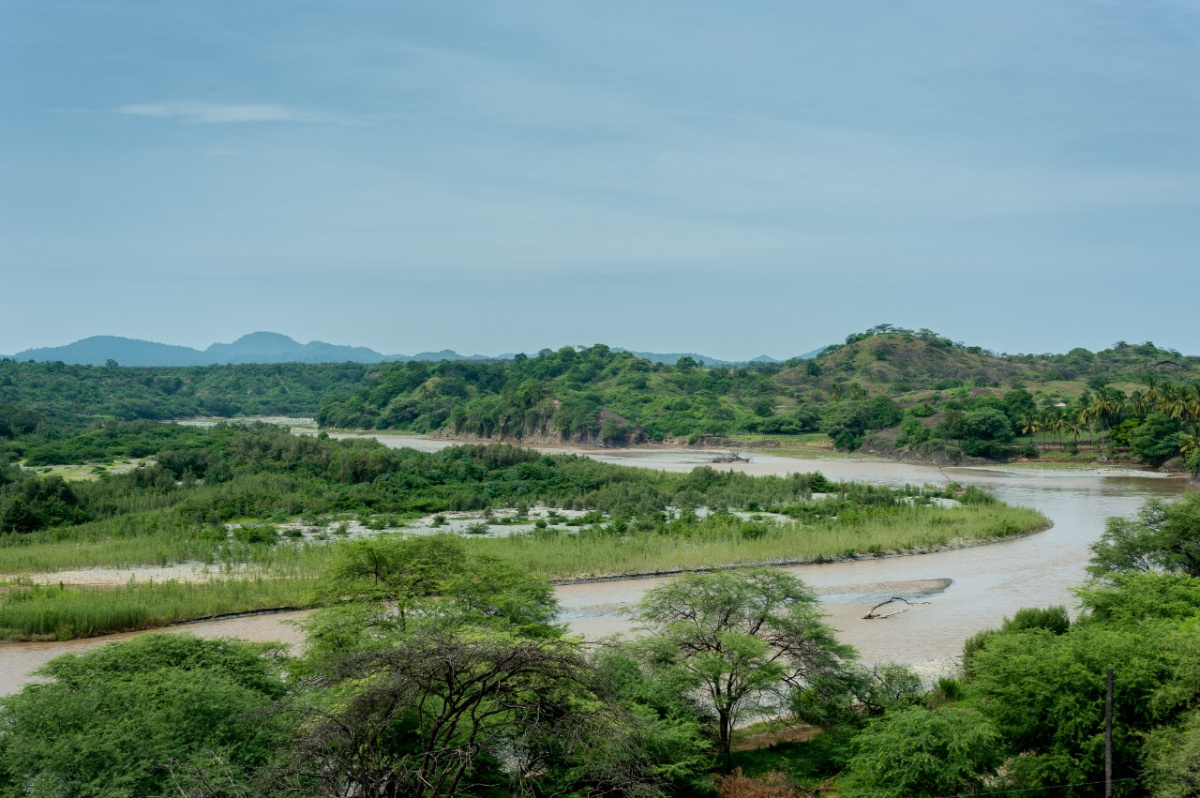Ecosystem-based Disaster Risk Reduction in ECARO
Nature-based Solutions (NbS) are defined by IUCN as “actions to protect, sustainably manage, and restore natural or modified ecosystems that address societal challenges effectively and adaptively, simultaneously providing human well-being and biodiversity benefits”. They are designed to address major societal challenges such as food security, climate change, water security, human health, disaster risk and social and economic development.
IUCN contributes to the implementation of Sustainable Development Goals (SDGs) through Nature-based solutions:
- Goal 15 Life on Land - Protect, restore and promote sustainable use of terrestrial ecosystems, sustainably manage forests, combat desertification, and halt and reverse land degradation and halt biodiversity loss,
- Goal 11 on Sustainable Cities and Communities that aims to make cities and human settlements inclusive, safe, resilient and sustainable,
- Goal 14 on Life below water, aiming to conserve and sustainably use the oceans, seas and marine resources for sustainable development,
- Goal 5 on Gender Equality is supported by all IUCN projects in the planning and implementation stage.
IUCN’s work on Nature-based Solutions (NbS) is gaining momentum around the world, and IUCN ECARO is following the global lead, working to enhance ecosystem management under the umbrella of NbS on a regional, national and local scale. Deploying ecosystem protection as a means to curb the impact of hazards is one of the main foci for IUCN ECARO Ecosystem Management Programme at the moment. On a country level, two scoping studies were initiated, to look at Ecosystem Services and their role in Disaster Risk Reduction and Climate Change Adaptation. One study will take place in Albania, and the second one in Serbia, under the “Conservation Planning in South-Eastern Europe” project. On a regional level, IUCN ECARO has partnered up with BFN to look at Natural Solutions for Disaster Risk Reduction (DRR) & Climate Change Adaptation (CCA) with a focus on Flood Prevention in South-Eastern Europe (SEE), involving Albania, Bosnia and Herzegovina, Croatia, FYR Macedonia, Montenegro and Serbia. Studies will inform a full-scale regional project on Ecosystem-based Disaster Risk Reduction.
IUCN ECARO initiated a regional programme on Ecosystem Services Assessment and Valuation (ESAV) and their integration into policy, based on the Capacity Development Needs and Priorities for Nature Conservation in South-Eastern Europe, developed through consultation process with main stakeholders. ESAV trainings are organised in cooperation with GIZ ORF Biodiversity and the ValuES project. IUCN ECARO Programme Officer, MS Sanja Pokrajac, attended the Training-of-Trainers (ToT) for the "Integrating Ecosystem Services into Development Planning" and is now a certified trainer. The training provided knowledge on the necessary theoretical and practical inputs for integrating ecosystem services into development planning, using a "Six-Step Approach" for recognizing the linkages between ecosystems and economic development. Workshop took place in GIZ headquarters in Germany, in October 2016, as a part of ValuES project.
Ms Sanja Pokrajac, IUCN ECARO Programme Officer for Ecosystem Management visited Tbilisi, Georgia for UNDP workshop. Ms Pokrajac was invited to deliver a key-note presentation on Eco-DRR and moderate session on reducing climate risks and hazards for UNDP EbA practitioners from Caucasus Region and Central Asia. The workshop took place between 17 and 21 April 2016. IUCN’s significant role in the fields of Eco-DRR and EbA was recognized by the participants and organisers. Synergies and differences between Eco-DRR and EbA were explored, as well as potential future cooperation between IUCN and UNDP.
Water infographic (download):
Water-related ecosystem services such as wetlands filtering contaminated water, mangroves protecting shorelines from extreme weather events, floodplains absorbing excessive storm waters, lakes storing large water supplies, all these services perform an infrastructure-like function. But they are not built infrastructure; these natural water infrastructures are shaped, grown, eroded, or deposited by nature. ‘Going with the flow’ or working with nature can optimise the performance and financial benefits of engineered infrastructures.
More information:
Ms Sanja Pokrajac, IUCN ECARO Programme Officer for Ecosystem Management
